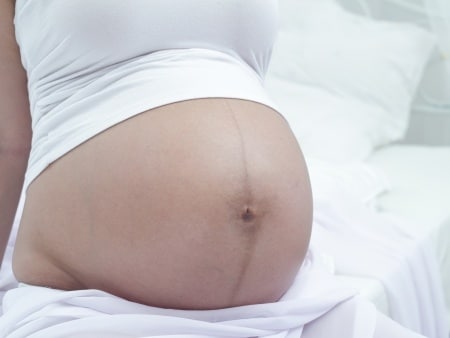
Researchers, lead by Dr. Ronna L. Chan of The University of North Carolina at Chapel Hill, studied women during the early weeks of their pregnancies to find a connection between morning sickness and pregnancy health. More than 2,400 women participated in the study, which noted the presence or absence of morning sickness as well as how long it lasted for each woman.
“Our study had several advantages over some of the earlier studies because we recruited pregnant women very early in their pregnancies or when they were trying to become pregnant, so we were able to follow them over the course of their pregnancies and collect data regarding the timing and occurrence of nausea and vomiting early on,” the researcher explained.
Of the women n the study, 89 percent had some degree of morning sickness during pregnancy. For 53 percent of them, it included vomiting as well as nausea. However, only 11 percent of the women in the study had a miscarriage during their first 20 weeks of pregnancy. The majority of which were from women who experienced no morning sickness.
The women who had no nausea or vomiting were found to be 3.2 times as likely to miscarry as those who did. The longer the morning sickness lasted, the less likely they were to miscarry as well. The risk also increased by age. Older mothers who dd not have morning sickness were more likely to miscarry than younger mothers who also did not.
Despite this potential connection, the researchers are not entirely sure why this may be. Chan suspects it is due to women being sensitive to the sharp increase in hormones during early pregnancy. However, morning sickness can also be different for different women, and different pregnancies.
“Not all pregnant women who go on to have successful pregnancies experience nausea and vomiting early on or at all,” she said by e-mail. “In addition, pregnancy symptoms can vary from one pregnancy to the next, even for the same woman.”
– Summer, staff writer
Related Articles:
- Researchers To Study Morning Sickness
- Like Mother, Like Daughter: Could Morning Sickness Be Hereditary?
- Study: Morning Sickness May Lead To Brighter Kids






